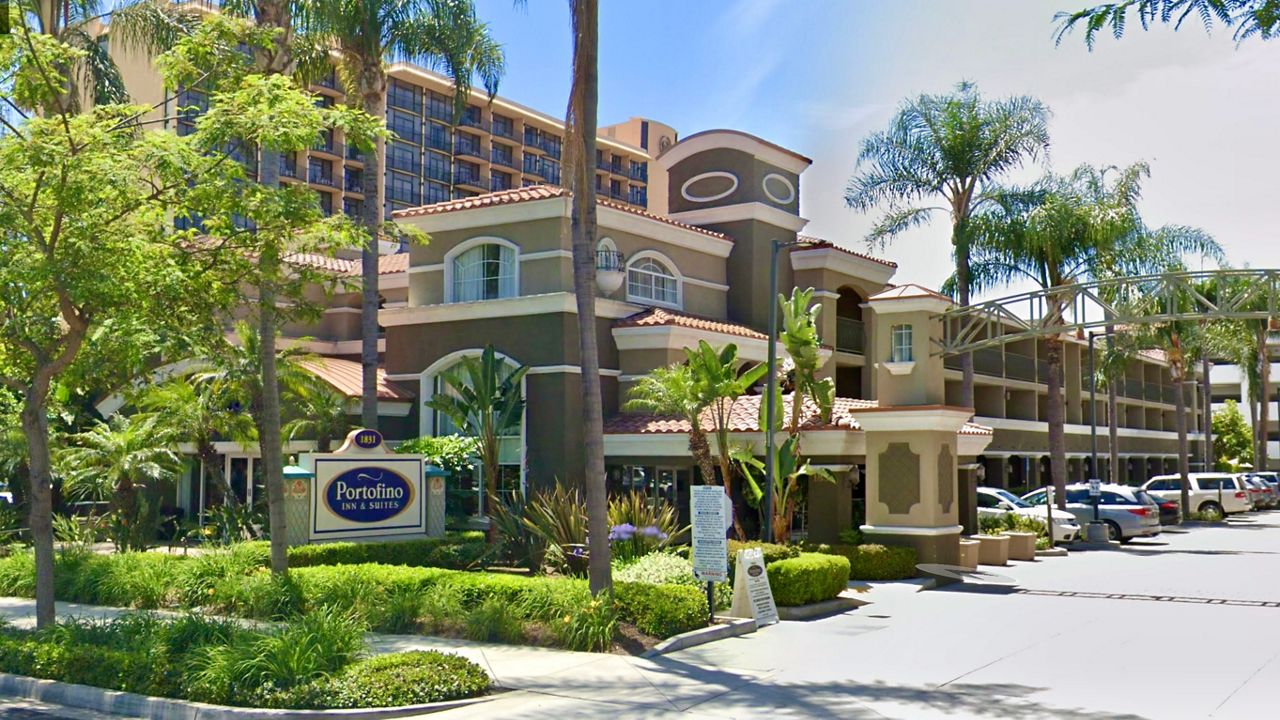ANAHEIM, Calif. — The passing of Anaheim's Measure J is a nice windfall for the city and could have deeper implications beyond it.
The ballot measure, which will allow the city to pursue uncollected hotel tax from online travel companies, appears headed for passage with 59% of votes as of Tuesday.
Once certified, it will allow the city to rewrite its tax code and collect the 15% nightly bed taxes from the total rate of a guest night's stay if they booked at wholesale or online travel companies like Expedia or Priceline.
A tax expert said that other cities are paying close attention to how Anaheim implements the new measure and how they work with these online travel companies in collecting the tax.
"Anaheim has taken this approach on it," said Pamela Knudsen, senior director of compliance services at Avalara, a Washington-based transactional tax processing company. "Other cities are watching and may follow suit."
Anaheim has been trying to collect the bed tax they believe they are owed from these online travel companies since the mid-2000s.
State courts, however, have sided with these online travel companies, saying they are not defined as hotel operators and, thus, not liable for the tax.
Before the passing of Measure J, online travel companies took advantage of a loophole in the city's transient occupancy tax ordinance. They only paid the bed tax on the cheaper wholesale room rate it pays the hotel to book the room.
City officials estimate closing the loophole could help generate an additional $3 million to the city's coffers, which the city then can spend on more police, firefighters, street repair and maintenance, improving neighborhoods and more.
City officials said the city collected more than $167 million in hotel tax revenue from the 152 hotels in Anaheim in 12 months through June 2022.
However, fixing the loophole is one thing. The hard part is now working with these online travel companies like Priceline and Expedia to cough up the tax.
"Those are the conversations that they are going to have with those online travel companies," said Knudsen to Spectrum News.
"Across the country, a lot of cities and taxing authorities are looking for ways to make sure they get what they consider the portion of the lodging tax they should be getting," Knudsen said.
Anaheim spokesperson Mike Lyster said it's still in the early stages. Once the Orange County Registrar of Voters certifies the election and the city rewrites its tax code to redefine online travel agencies and wholesale hotel room sellers as "operators," city officials will begin reaching out to those companies.
Lyster said the city might replicate its tax collection process with the hotels. Hoteliers in the city submit a transient occupancy tax return to the city and remit their tax on the 15th of each month.
Lyster said if the online travel companies do not participate, the city can conduct an audit and issue penalties and fines.
"We're not looking to see that be the case," Lyster said. "Our first course of action is to work with these companies."
Lyster added this process is still in its early days and has challenges.
"This is a new process for folks," he said.



